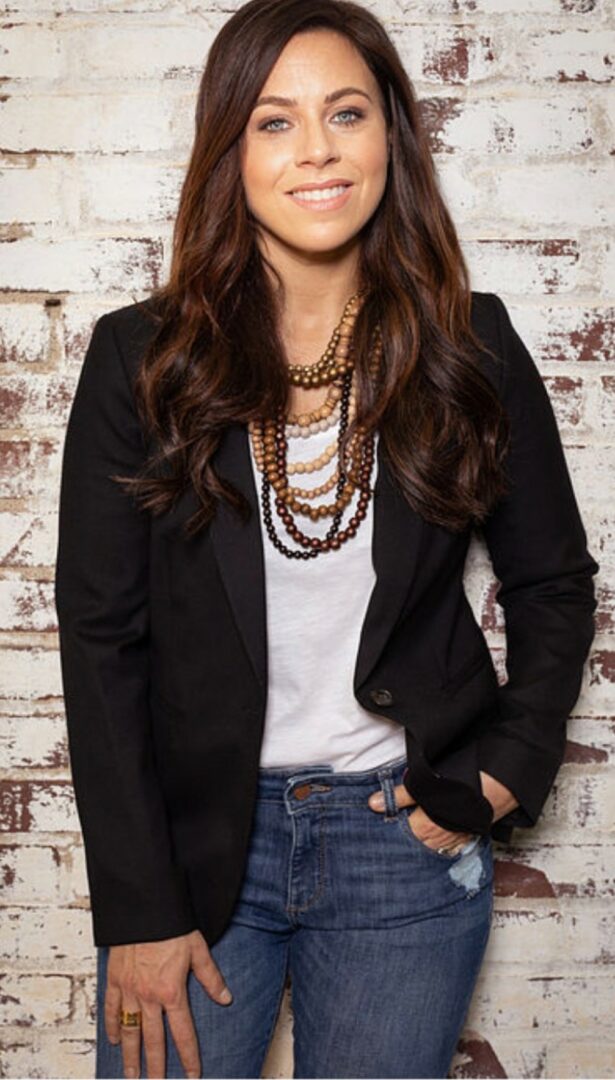We’re excited to introduce you to the always interesting and insightful Kim Gettenberg. We hope you’ll enjoy our conversation with Kim below.
Hi Kim, so excited to talk about all sorts of important topics with you today. The first one we want to jump into is about being the only one in the room – for some that’s being the only person of color or the only non-native English speaker or the only non-MBA, etc Can you talk to us about how you have managed to be successful even when you were the only one in the room that looked like you?
That is a powerful question that I think speaks to self awareness and resilience. What I have learned over the years is that being the only one in a room that looks like me is so important to my evolution as a person as well as what I can offer others. I have traveled a lot and met so many unbelievable people throughout my life and think about how their personal journeys have shaped my interpretation of the world.
When I’ve found myself in places where no one looked like me or shared my background, I quickly learned that presence is powerful—but humility is essential. Meeting people from different walks of life has taught me to listen more, assume less, and find common ground in unexpected places.
It has also taught me to be incredibly humble and grateful for the things that I have. Not everyone starts from the same place and hearing their stories gives me a sense of compassion and understanding. Their stories, struggles and joys have expanded my perspective and taught me life lessons I couldn’t have learned any other way. I’ve come to value curiosity over comfort, and connection over sameness.
In those moments of being the “only one,” I’ve found that true success isn’t about fitting in, but about honoring differences—and being changed by them in a way that lets you continue to evolve.
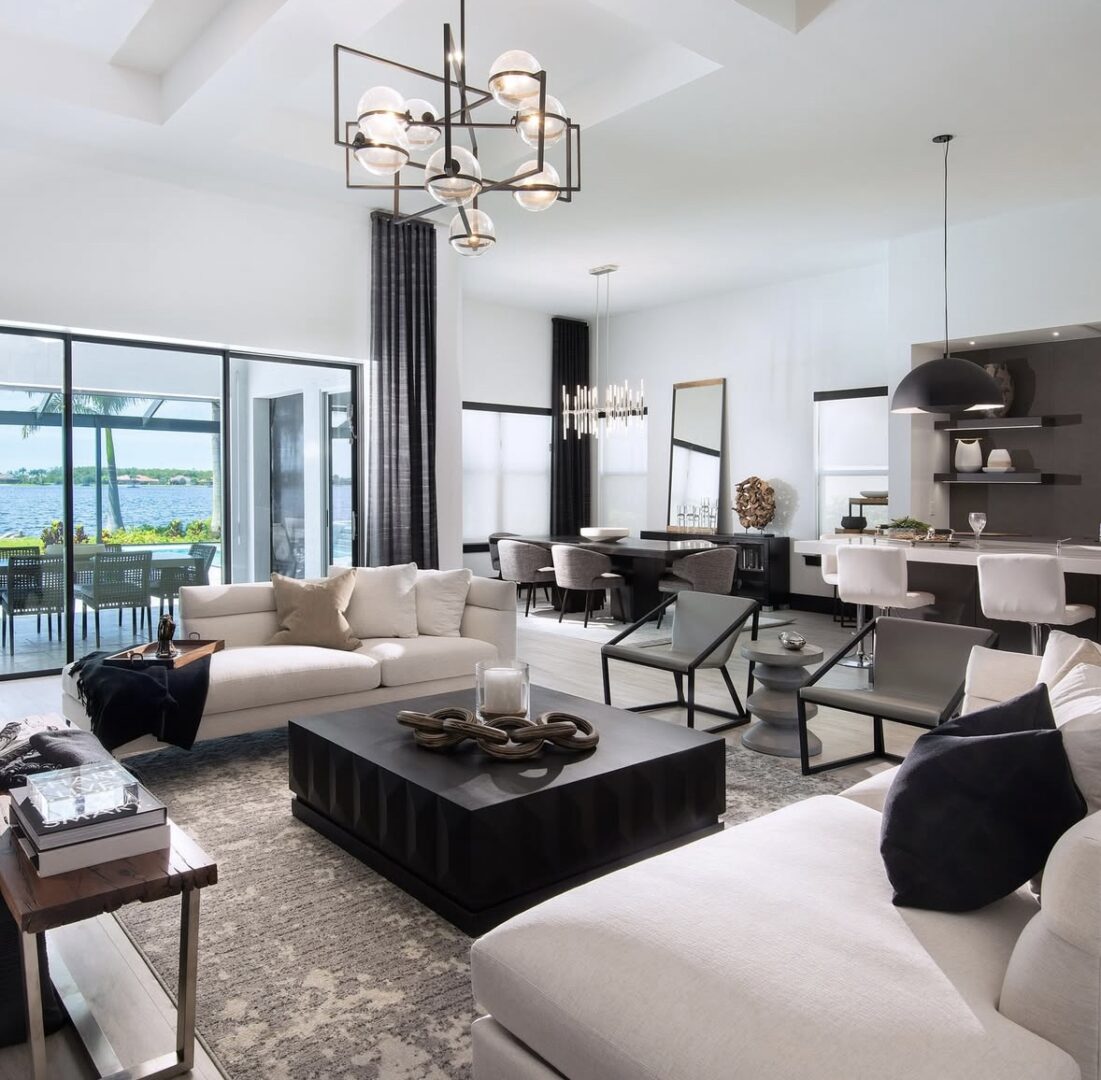
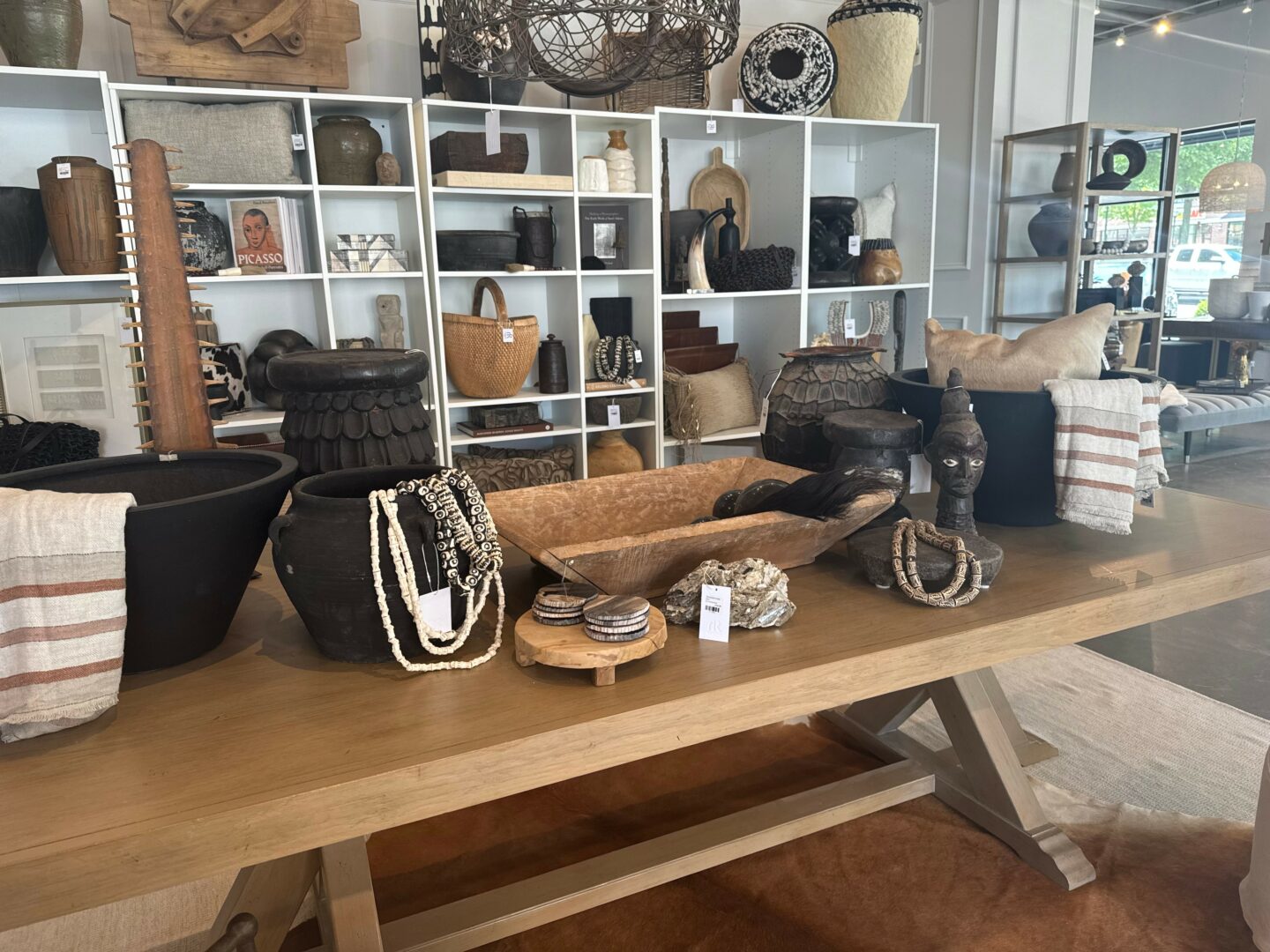
Thanks, so before we move on maybe you can share a bit more about yourself?
Redefine Home is an interior design studio and retail store rooted in the belief that home should be a reflection of who you are and the experiences that have shaped you, With a background in both design and psychology paired with my travel experiences, I strive to design homes with intention—drawing inspiration from the textures of global travel and the principles of environmental psychology. Each project is a thoughtful balance of aesthetics and emotion, layered with cultural influence, personal meaning, and the psychology of how space makes us feel.
As we continue to evolve and grow in the design space, my goal is to build a brand that focuses on product development and curation of pieces that evoke design, well being and culture. Our showroom features elements timelessness with a mix of global perspective.
As our studio continues to evolve, we’re looking forward to building meaningful partnerships that allow us to give back in a purposeful way. We’re especially passionate about aligning with nonprofit organizations whose missions reflect our core values—whether that’s creating access to safe and inspiring housing, supporting mental wellness through the power of environment, or preserving cultural and environmental heritage around the world.
We are looking forward to what the future has to offer!
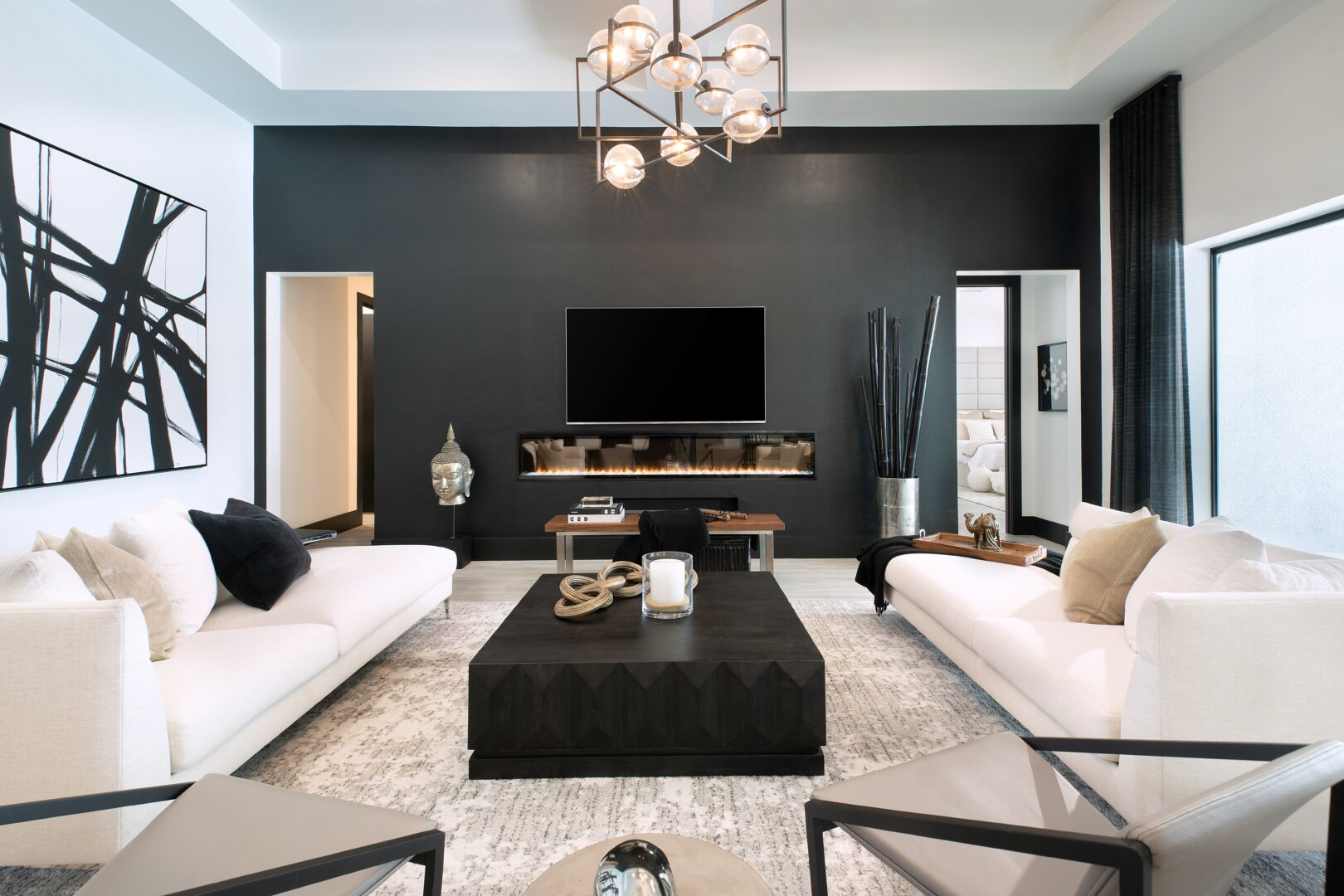
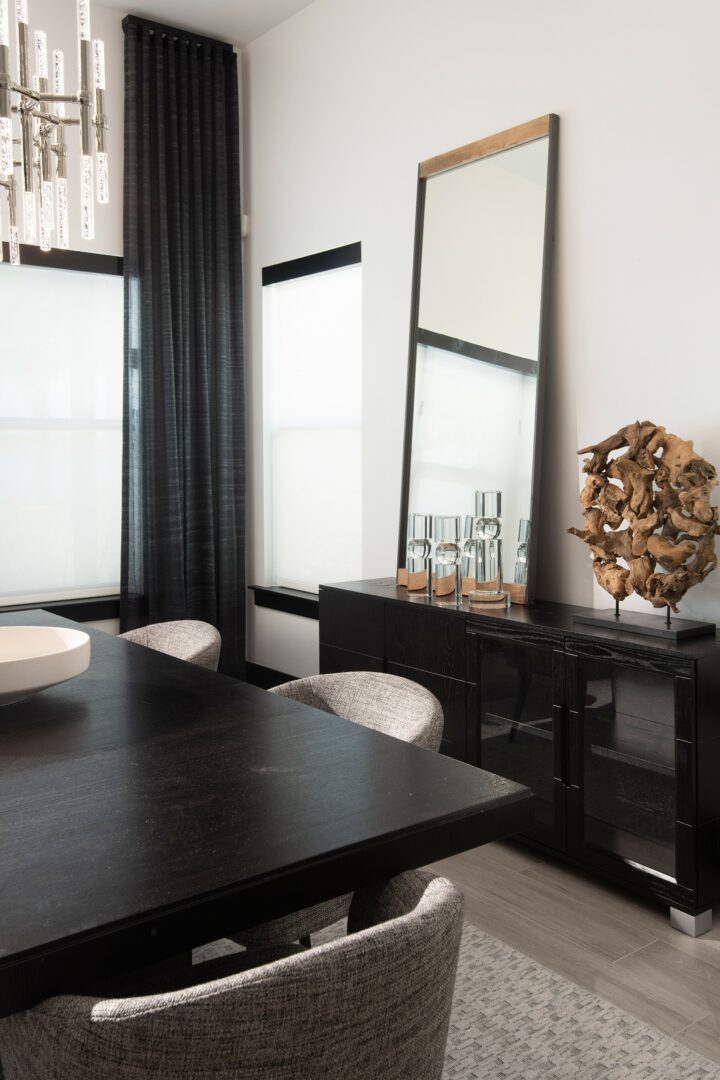
Looking back, what do you think were the three qualities, skills, or areas of knowledge that were most impactful in your journey? What advice do you have for folks who are early in their journey in terms of how they can best develop or improve on these?
Looking back, three qualities that were most impactful in my journey have been adaptability, emotional intelligence, and resilience.
Adaptability allowed me to thrive in unfamiliar environments—especially while traveling, working with different cultures, and entering rooms where I was the only one who looked or thought like me. I learned to observe, listen, and shift with intention—not to lose myself, but to meet the moment with openness.
Emotional intelligence helped me build meaningful relationships, both personally and professionally. It’s more than just understanding others; it’s about tuning into my own emotions, recognizing how they influence my decisions and interactions, and using that awareness to navigate challenges with empathy and clarity. I would say “learn how to read the room”.
There were many moments—especially when I felt like the outsider in the room or when things didn’t go as planned—where resilience was what carried me through. It’s not just about pushing forward, but about learning how to pause, regroup, and come back with more clarity and strength. Resilience taught me that challenges aren’t the end of the road—they’re often the beginning of something better aligned.
For anyone early in their journey know that every setback, delay, or unexpected turn is a chance to strengthen your trust in yourself. Stay true to who you are, take care of your mental and emotional well-being, and surround yourself with people who remind you of your strength when you forget. Growth comes not just from what goes right—but from how you adapt when it doesn’t. Trust yourself and trust the process.
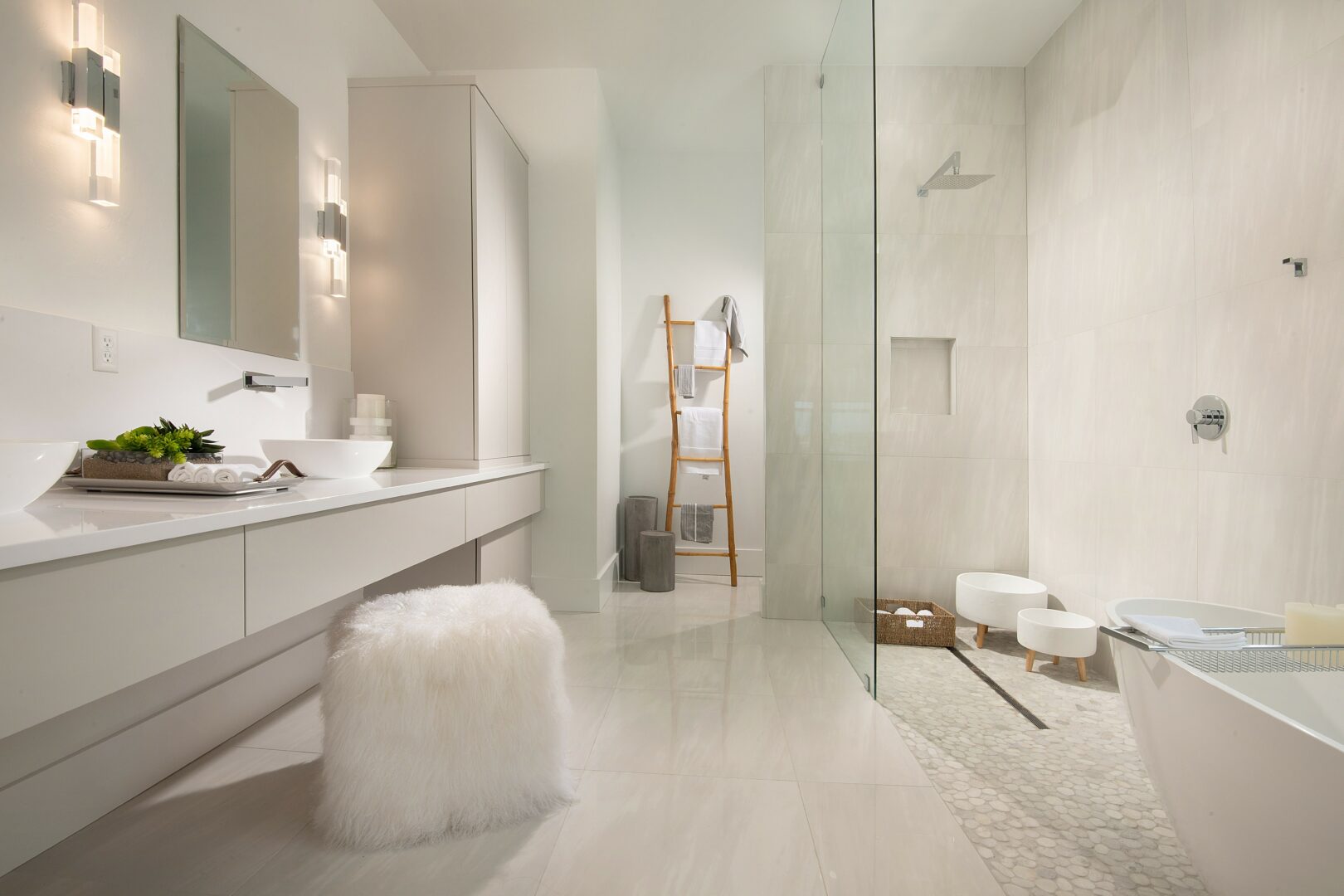

Awesome, really appreciate you opening up with us today and before we close maybe you can share a book recommendation with us. Has there been a book that’s been impactful in your growth and development?
One of my favorite books is “Man’s Search For Meaning” by Viktor Frankl. One of the most powerful lessons I took from Viktor Frankl’s story is that meaning isn’t handed to us—we create it through how we choose to respond to life. That idea has echoed through so many parts of my journey, especially in the moments I’ve felt uncertain, out of place, or like “the only one in the room.”
Travel has been one way I’ve explored meaning—being in unfamiliar places and among people who live and think differently has taught me that purpose is often found outside of ourselves, through connection, curiosity, and contribution. Like Frankl, I’ve come to see that meaning can live in the smallest things: a quiet morning in a new city, a conversation with someone whose story changes mine, or creating a space that helps someone feel seen and safe.
As a designer and a deeply feeling person, the book reminded me that emotional intelligence—the ability to listen, reflect, and act with intention—isn’t just a skill, but a form of resilience. Frankl’s reminder that we cannot always control what happens, but we can control our response, continues to guide me—especially when facing challenges or change.
Ultimately, the book affirmed something I’ve long believed: that beauty, growth, and healing are not in conflict with hardship—they often emerge from it. Meaning, like design, comes from how we shape what we’re given.
Contact Info:
- Website: https://redefinehome.com/
- Instagram: https://www.instagram.com/redefinedhome/
- Facebook: https://www.facebook.com/people/Redefine-Home/61576224683719/#
- Linkedin: https://www.linkedin.com/company/redefinehome
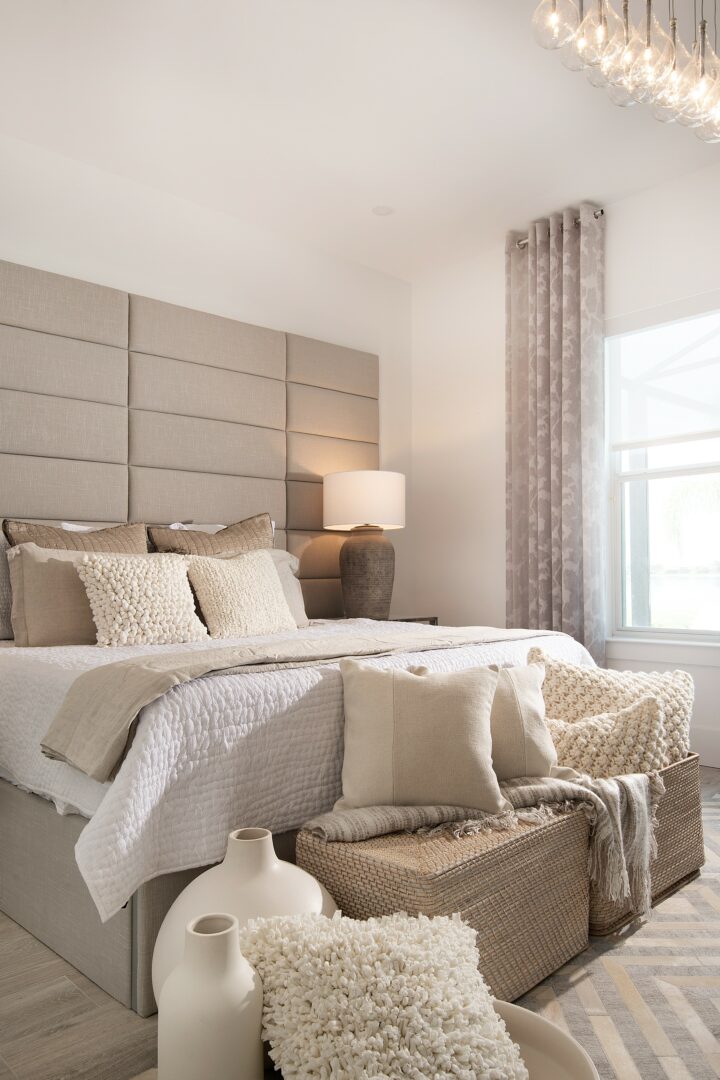
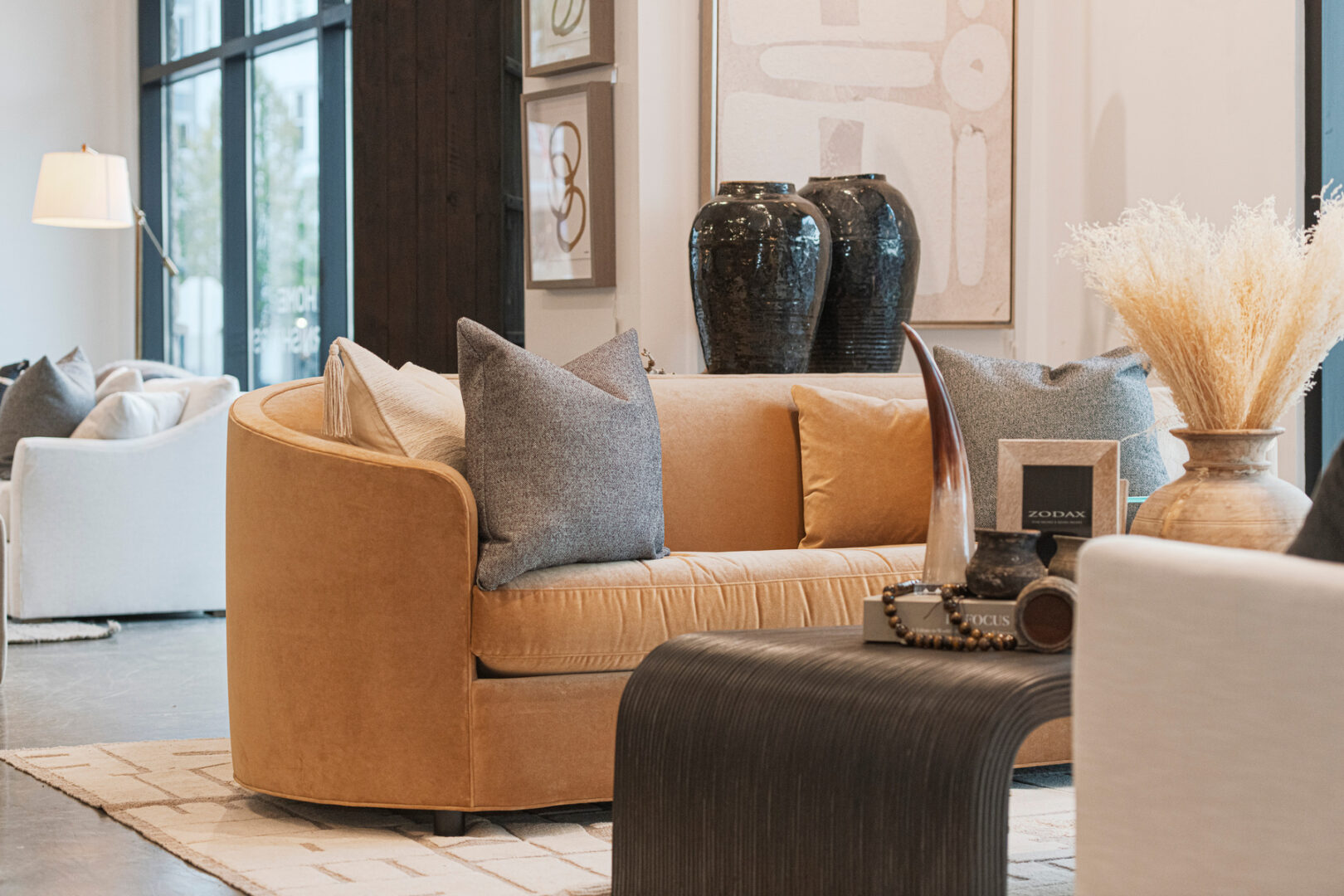
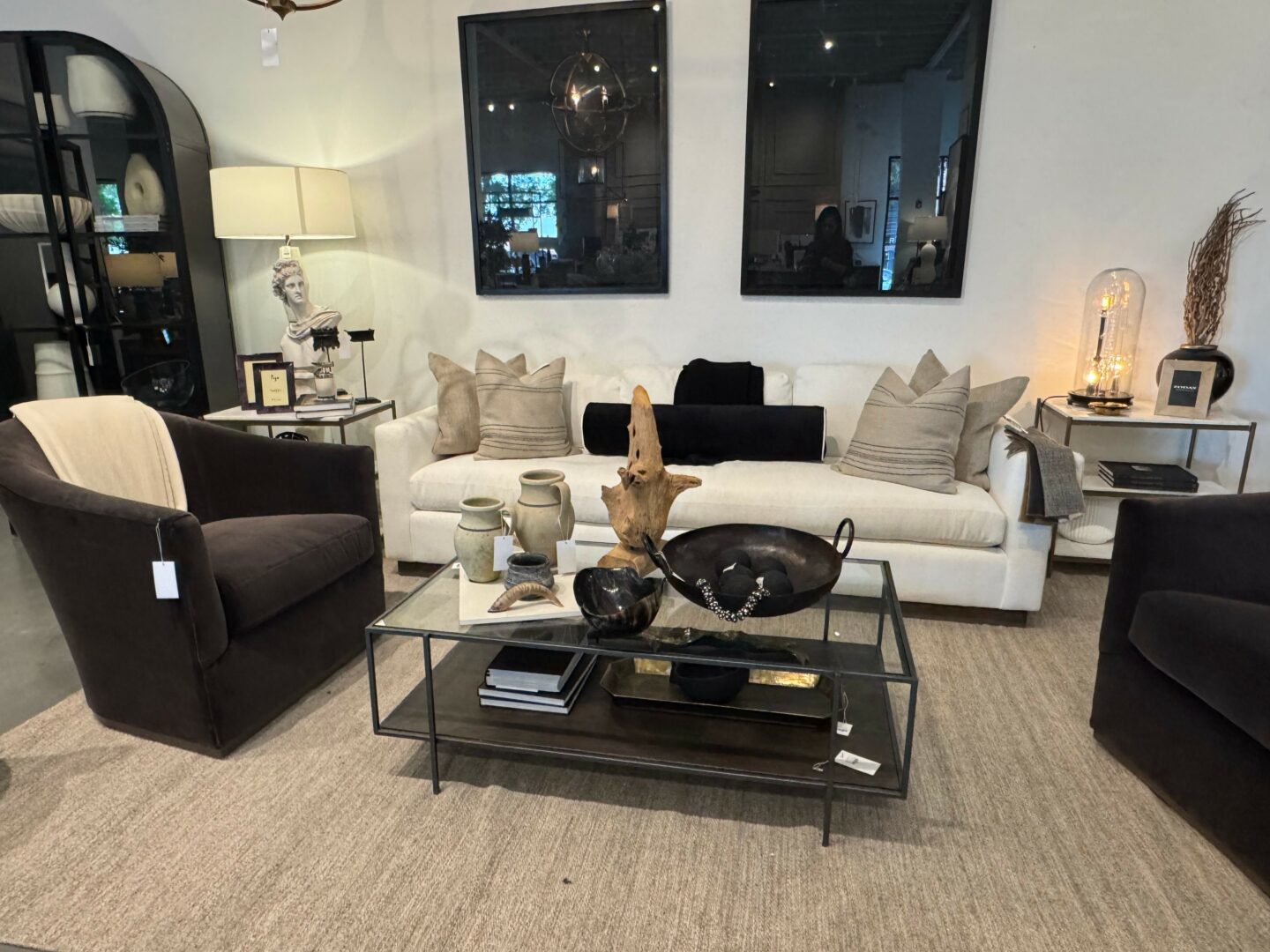
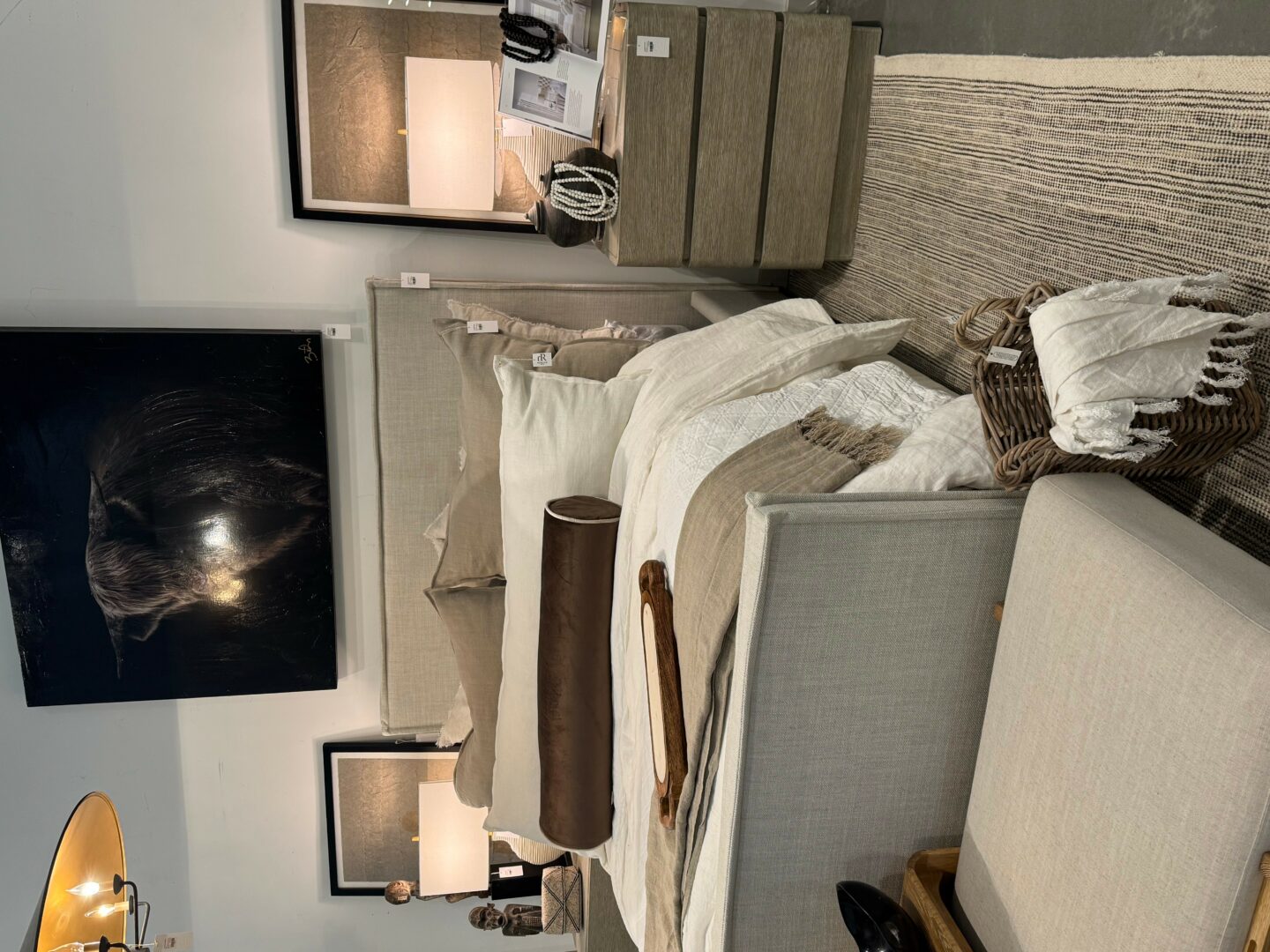
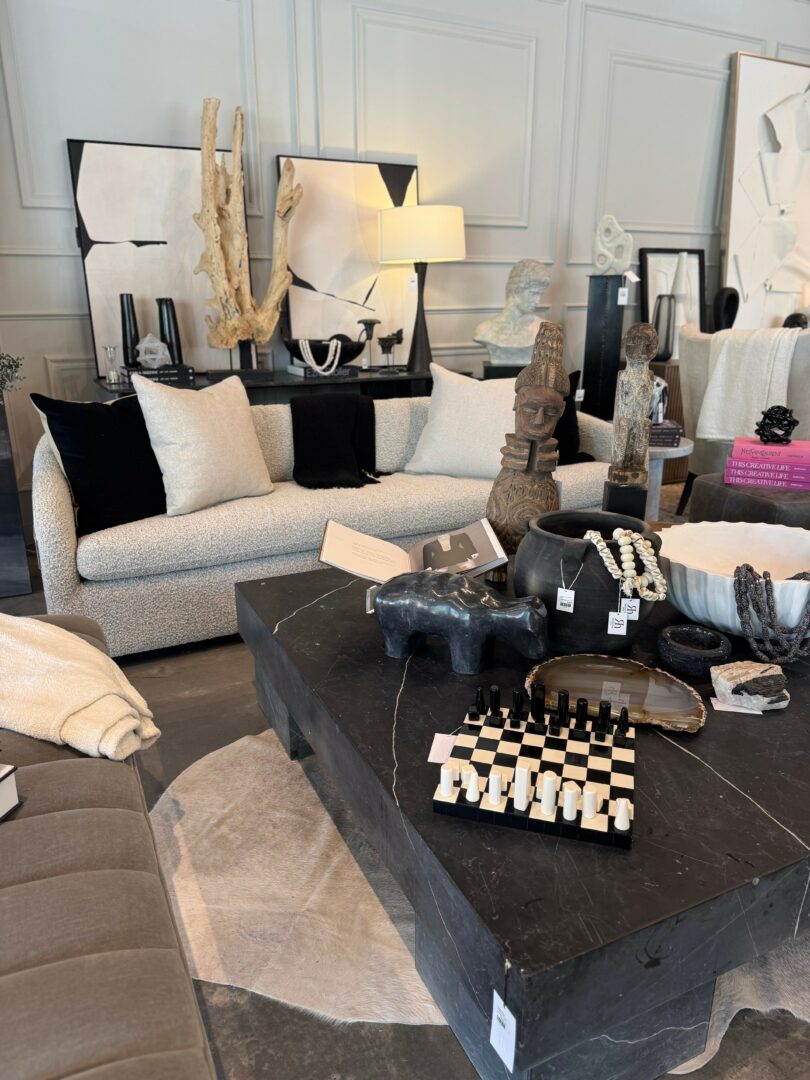
Image Credits
Justin Griffith
Paola Mutiz
Diana Todorova
so if you or someone you know deserves recognition please let us know here.

